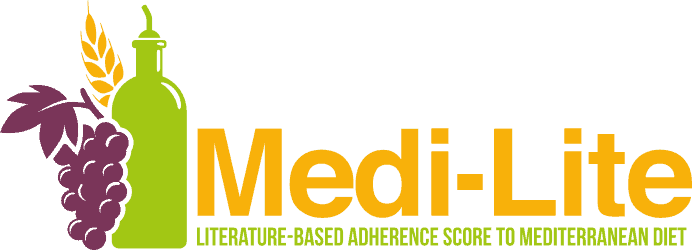Mediterranean diet slows cognitive decline
There are currently estimated to be over 46 million people worldwide living with dementia. The number of people affected is set to rise to over 131 million by 2050. Italy is the second “oldest” country in Europe and, since age is one of the main risk factors for dementia, there are 1 million people affected by this disease. As no effective treatment for dementia exists, research on modifiable risk factors is critically important to derive health recommendations and preventive interventions. A healthy lifestyle has been suggested to be one of the modifiable risk factors for cognitive decline and dementia, and prevention studies, therefore, increasingly focus on diet and cognition.

A new study recently published in the European Journal of Nutrition assessed the effect of the Mediterranean Diet on cognitive functioning. Wesselman and colleagues evaluated 389 participants (mean age 69 years): 146 with subjective cognitive decline, 60 with mild cognitive impairment, 35 first-degree relatives of Alzheimer’s disease dementia patients and 148 healthy controls. At baseline, all participants underwent an extensive neuropsychological assessment to determine cognitive functioning, and completed the EPIC-FFQ, a validated food frequency questionnaire to determinate the eating habits. Furthermore, the “Mediterranean Diet Score” was used to determine the adherence to the Mediterranean Diet. The results showed that participants with a greater adherence to this dietary profile had better memory, better verbal fluency and better languages skills. As suggested by the Authors, the mechanisms involved could be linked to a reduction in cerebrovascular risk factors, an improvement in glucose metabolism, a reduction in oxidative stress and a reduction in inflammatory markers.
Considering that patients with dementia and Alzheimer’s disease initially show memory loss and alterations in language skills, this study highlights how the Mediterranean Diet can mitigate the early effects of cognitive ageing-related diseases.
Source: Wesselman LMP, van Lent DM, Schröder A, et al. Dietary patterns are related to cognitive functioning in elderly enriched with individuals at increased risk for Alzheimer’s disease. Eur J Nutr. 2020. doi: 10.1007/s00394-020-02257-6.



